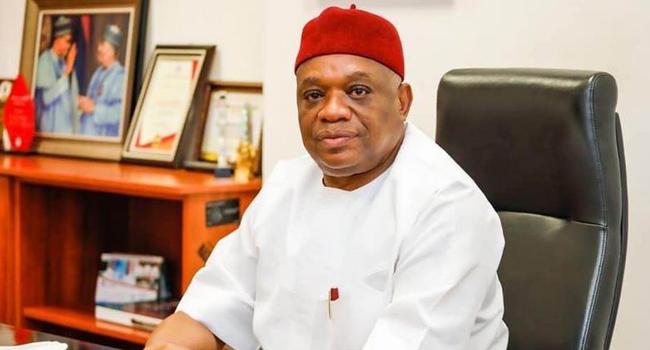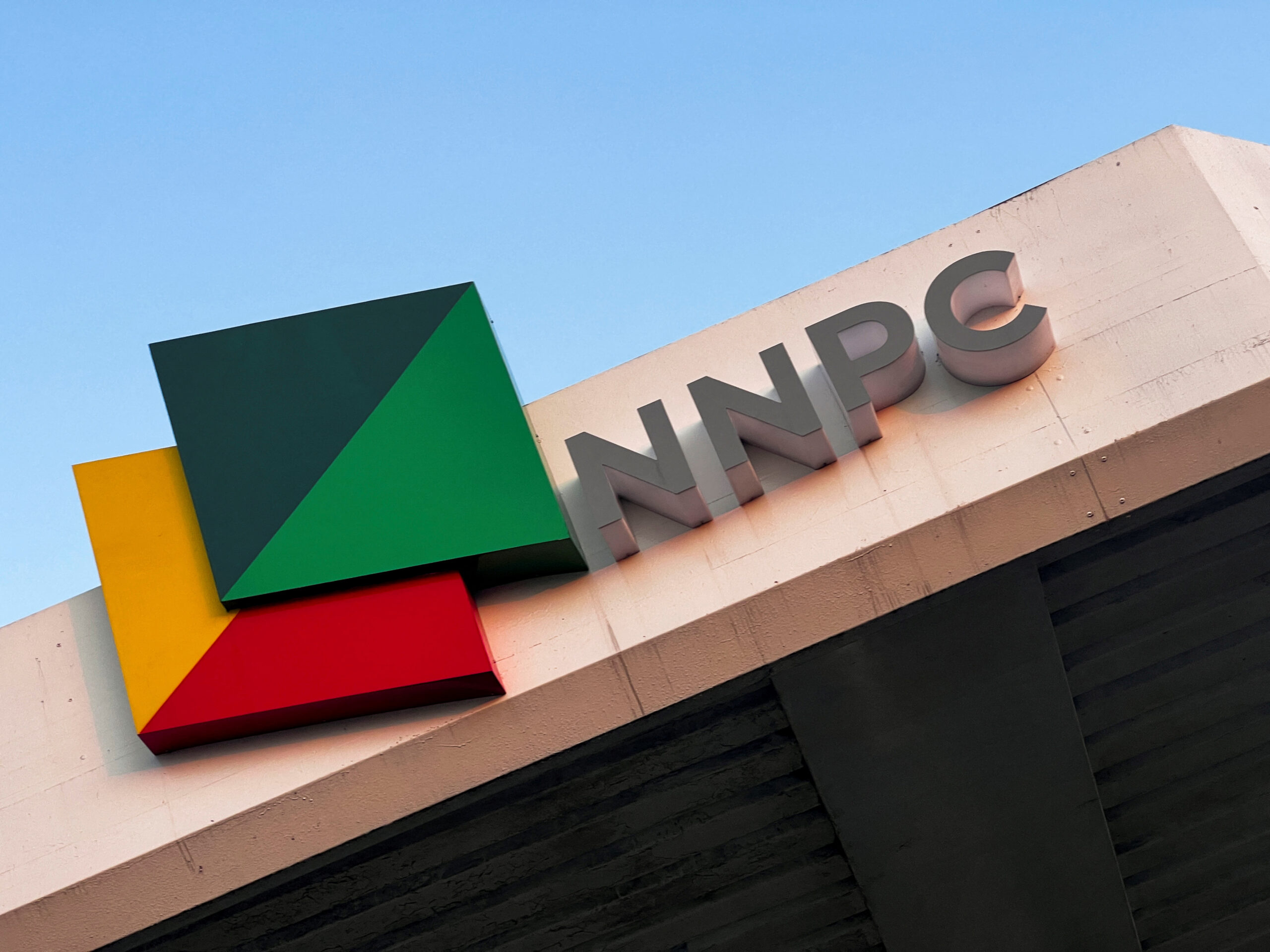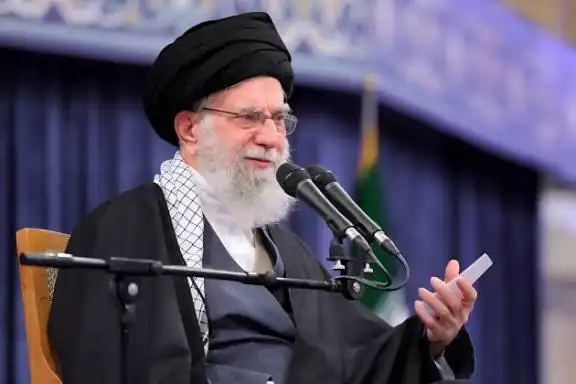Abia North Senator Orji Kalu has urged Nigerian governors to shift their focus from extravagant spending on luxury vehicles to attracting investors who can drive economic development in their states. In an interview with Arise Television on Saturday, Mr Kalu emphasized that state governments should harness their unique economic potentials to generate wealth and employment opportunities rather than relying heavily on federal allocations.
Mr Kalu’s statement was in response to queries about the Nigeria Governors’ Forum’s (NGF) stance on the Value-Added Tax (VAT) revenue-sharing formula, which aims to encourage competition and productivity among states, particularly in the North where many states are perceived to depend largely on federal allocations. After discussions with the Presidential Tax Reform Committee, the governors supported tax reform bills but advocated for changes in the VAT sharing formula to distribute 50 per cent based on equality, 30 per cent on derivation, and 20 per cent on population, contrasting with the original proposal of 60 per cent based on derivation.
Several northern governors opposed the initial formula, citing potential revenue drops that could hinder their ability to meet financial obligations like salary payments. However, Mr Kalu dismissed the notion that some states are economically unviable, asserting that all states have the potential for self-sufficiency if their leadership prioritizes economic development over luxury.
“Governors and people in government should stop buying luxurious cars every year. They should put money in investment. When we’re able to invest heavily, people can go back to where they are,” Mr Kalu remarked, advocating for long-term planning and investment rather than immediate gratification through lavish spending. His critique touches on a broader issue in Nigerian governance where public funds are often seen being funneled into luxury items like bulletproof SUVs, lavish residences, and international trips, even as the populace grapples with economic hardships.
Kalu highlighted historical examples from Nigeria’s first republic where regional competition led to significant economic growth and industrialization, suggesting that a similar competitive environment could rejuvenate state economies today. He referenced China’s economic success driven by inter-provincial competition, suggesting Nigeria could benefit from a similar approach.
Furthermore, Mr Kalu pointed out the untapped natural resources in Northern Nigeria, including lithium in Kebbi and other solid minerals across various states, arguing that these resources could be leveraged for economic development if the narrative of dependency is shifted towards one of potential and investment.
His advocacy for a reserve fund to assist states not meeting obligations underlines a vision for a more dynamic, self-reliant federation where states are incentivized to innovate and grow independently. This approach not only aims at economic revitalization but also at altering perceptions about regional capabilities in Nigeria, pushing for a narrative of abundance rather than scarcity.












I agree with Senator Kalu! Nigerian governors should prioritize economic development over luxury spending. Lets focus on growth, not extravagance.
I think Senator Kalu has a point – Nigerian governors need to prioritize economic development over luxury spending. Its time for real change!
I agree with Senator Kalu – Nigerian governors should prioritize economic development over luxury spending. Lets see some real progress!
I think Senator Kalu has a point. Nigerian governors should prioritize the economy over luxury spending. Its about time for real change.
I agree with Senator Kalu. Nigerian governors should prioritize economic development over lavish spending for the benefit of the people.
Do you think Nigerian governors should prioritize economic development over luxury spending? Lets discuss! #EconomicFocus #GovernanceDebate
I think Senator Kalu has a point. Nigerian governors should prioritize economic development over luxury spending. Its about time they focus on the people.
I think Senator Kalu has a point. Nigerian governors should prioritize the economy over luxury spending. What do you all think?
I think Senator Kalu is right! Governors should prioritize economic development over luxury spending. Lets see some responsible leadership for a change!